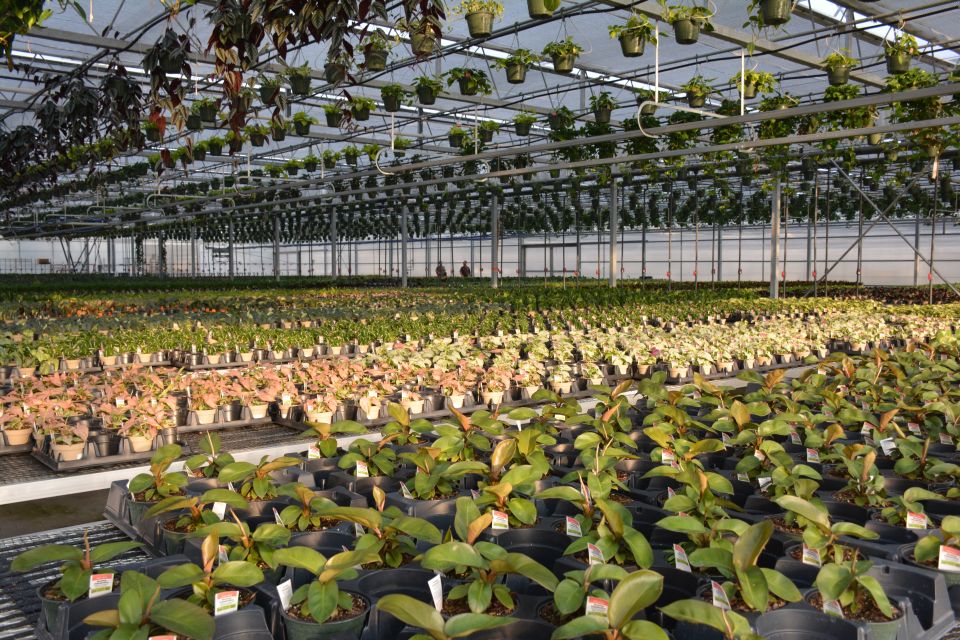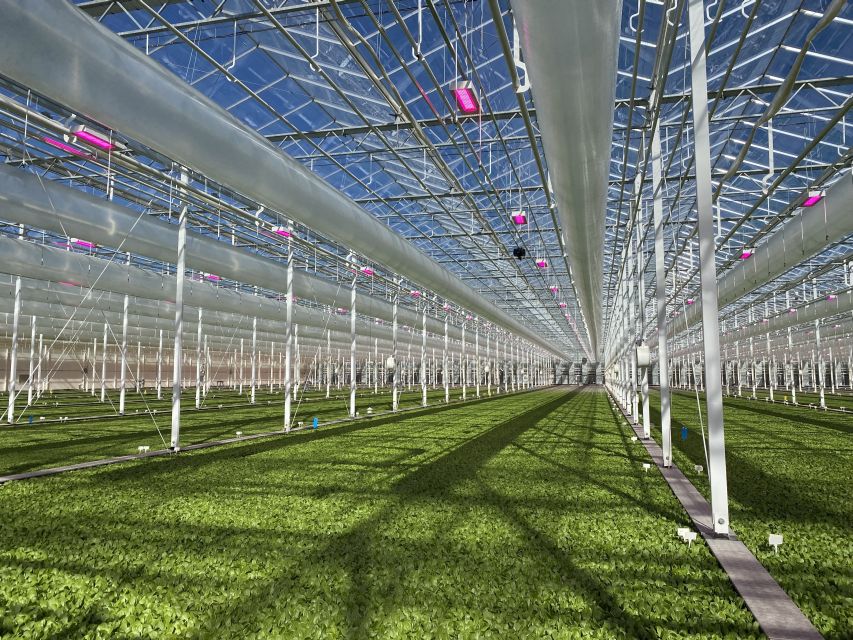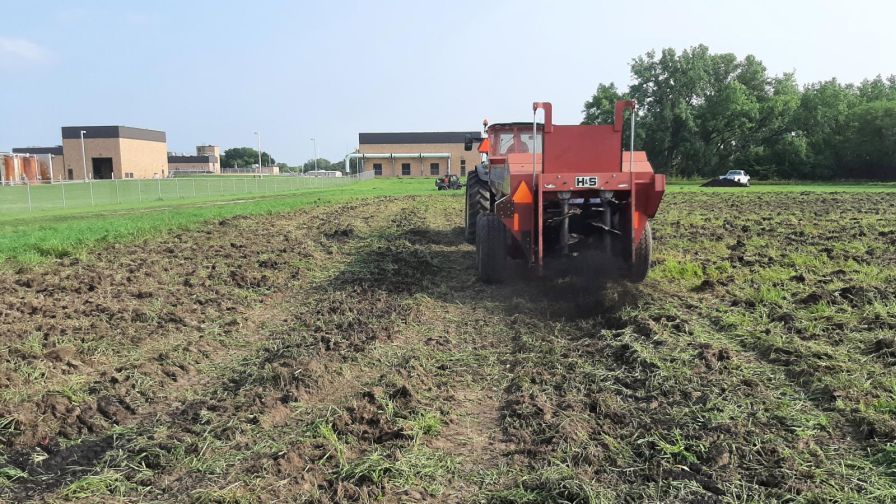What Kind of Food Safety Audit Do You Need? Here’s What to Know
Determining the type of food safety certification your operation needs, or if you even need one, can be confusing and overwhelming when you are new to the process. Where do you start? Begin with your customers.
If you sell directly to consumers, such as fresh-from-the-farm or at farmers’ markets, then your customers likely know you and feel that they have a sense of how you conduct your operation. You have probably already established a trust with your customers and do not need a third-party food safety audit unless you feel that its marketing value justifies the additional expense.
But if you sell to a wholesaler or retailer or other food distributor, they probably have specific requirements about the type of food safety certification they require suppliers to maintain. They may just have the basic requirement of any third-party audit and certification. They may require a specific “scheme” such as GLOBALG.A.P., Primus, SQF, etc. They may not dictate the certification scheme but require that you hold a Global Food Safety Initiative (GFSI)-benchmarked third-party certification.
This means that the type of audit and certification you choose must be GFSI-benchmarked and meet the internationally agreed upon GFSI requirements. There are several options that meet this requirement. This chart lists the most popular types of third-party audits, as well as indicating which types have a GFSI version.
| Non-GFSI-Benchmarked | GFSI-Benchmarked | Available Versions Include Both GFSI-Benchmarked & Not |
| localg.a.p. | PrimusGFS | GLOBALG.A.P. |
| Primus Standard | FSSC 22000 | SQF |
| GAP | BRCGS | |
| IFS | ||
*This list is not meant include all food safety standards but does reflect the most popular standards at time of publication, as ascertained by information available on the websites of those standards listed. Growers interested in pursuing third-party certification should verify this information with their CB.
In order to be able to sell your products to the major grocery retailers you would need to meet their specific requirements, listed below:
|
Grocery Retailer |
Food Safety Requirements |
| Walmart | Independently certified or assessed to a GFSI recognized audit standard |
| Amazon (including Whole Foods) | A valid third-party food safety audit certificate: GFSI, GMP, or GAP (only GFSI accepted for high-risk raw agricultural commodity produce) |
| Costco | List of specified audit companies providing GFSI audits as well as a Costco GFSI Addendum |
| Kroger | Third-party agency certification |
| Albertsons Cos. | GFSI Certification |
| Ahold Delhaize (including Food Lion, Stop & Shop, Hannaford, and Giant) | GFSI Certification |
| Publix | GFSI third-party certification |
| H-E-B | Comply with FSMA and USDA labeling requirements |
| Meijer | The minimum standard is USDA GAP Certification and compliance with FSMA, but GFSI schemes are preferred |
| Target | GFSI certification |
* The information contained in this chart is believed to be accurate at time of publication based upon information available on the respective companies/ websites. Verify supplier requirements with your customers or potential customers.
Now that you know what type of certification you need, you are probably wondering where to start the process to get this certification.
For more, continue reading at GrowingProduce.com.








